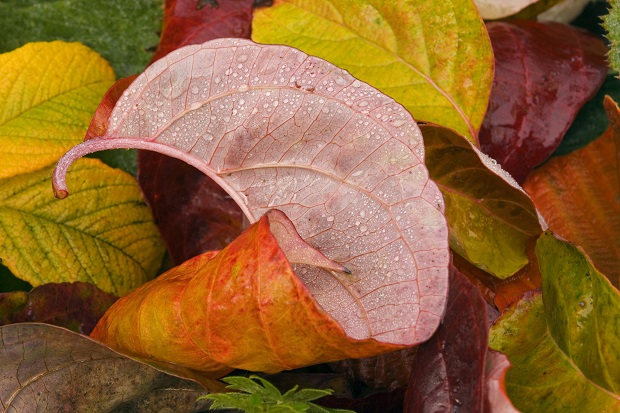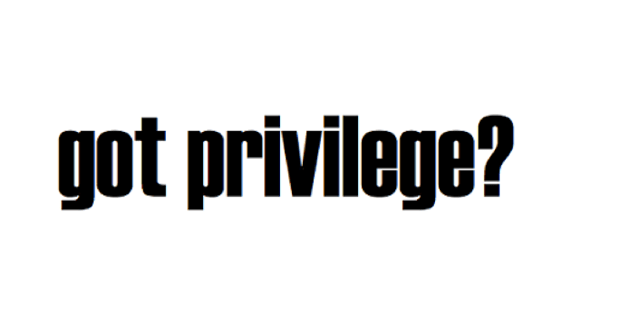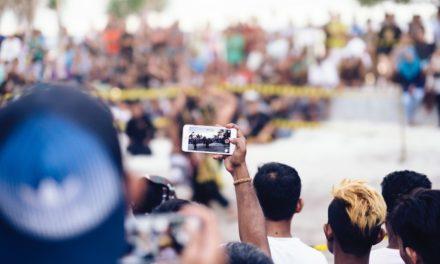
I’ve been thinking a lot lately about personal transformation—the process of individual change—in relation to cultural competency. The whole notion of cultural competency, as a collection of self-awareness, knowledge, emotions, and skills of navigating culture, as a competency, assumes that this is something that one can get better at. So the possibility of growth in any competency rests on the uniquely human potential for change and transformation. This is something we all know intuitively. But it is still largely a mystery for scholar and layperson alike. In addition to the complexities of how transformation happens—from student to graduate, follower to leader, novice to expert—it is equally puzzling why transformation happens for some and not others—or to varying degrees when it does.
I was reminded of these dynamics recently in a training session on cultural self-awareness in which participants described their cultural self-identity and how they thought about their cultural influences over time. One young woman was very adamant that her cultural identity has stayed relatively the same for most of her life—detailing how much her faith has remained a big part of her cultural identity since childhood. Another participant shared immediately after, how her cultural identity has changed often, and drastically, over the years—even mentioning that she “wouldn’t even recognize herself” ten years ago. These seemingly diverse perspectives—change versus stability—are important because they help us sort through the very important question of the what, why, and how’s of transformation in cultural competency.
On the one hand, all of us are always changing—and therefore never the same. Even now as you read this post, you will not be the same after having finished it. Whether you like it, hate it, or feel somewhere in between, you will have the memory of reading it which you wouldn’t have had otherwise. We always carry the past with us into the present and future. The choices you make today, you carry with you into tomorrow—for better and worse. On the other hand, we can all probably point to parts of our cultural identity that have remained relatively constant over time. And we all probably know people who we could describe as having changed relatively little throughout their lives in certain aspects. So what is it that drives deep personal transformation and seemingly personal preservation or stability over time?
In our work, we like to use the 4 E Model to illustrate the complexity of how transformation happens in relation to growth in cultural competency. The 4 E Model is a framework that incorporates the importance of Experiences, Exposure, and Education for increased cross-cultural Effectiveness. This is important for understanding cultural competency because each of the E’s is vital, and works in tandem with all of the others, in the process of change. It is not only helpful for understanding the process of personal transformation, but also for personal preservation or stability. So another way of thinking about the participant who shared how much she’s stayed the same throughout her life, is to think about how her Experiences, Exposure, and Education (knowledge) were most likely more similar than different than the folks who shared about drastic changes over time. It is not that she hadn’t experienced change—but she experienced changes that were more of the same. In other words, it is not just more experiences, exposure, and education that increase our cultural competency; but it is diverse experiences, exposure, and education that really drive growth. And given the inherent diversity (as the “mix” of differences) that exists in all corners of the world, growth in cultural competence is possible for everyone from all walks of life.
Thinking about the dynamics of personal transformation is admittedly complex. But it is vital for a world that seems increasingly polarized into corners of sameness. And the payoff is the hope we get that all of us can always get better. There is great hope in our human ability to change. Every day is a new opportunity to learn from our experiences, educate ourselves about life’s puzzles, and expose ourselves to different people and places in our beautiful planet. Part of being culturally competent is the courage to face the risks of change—both change into something greater and change into more of the same.


















